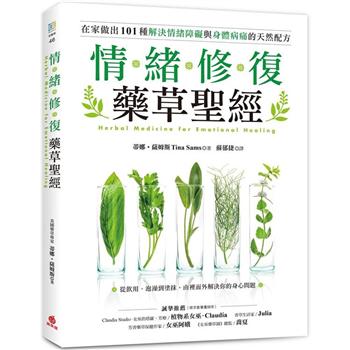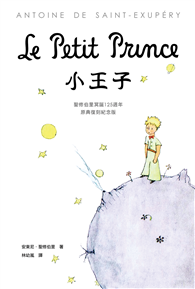This is the first comprehensive study to explore the religious self-understanding of caregivers, particularly women religious whose ministry was manifested in public and private facilities, in times of epidemics and war, in cities and on the frontier, in railroad and mining-camp hospitals. With an emphasis upon their contexts Christopher J. Kauffman scrutinizes such historical spheres as the history of medicine, religious pluralism, ethnicity, the Catholic Health Association, and the modernization processes affecting church and health care. With a sensitivity to the significance of racism, sexism, anti-Catholicism, and nativism, as well as the influence of popular Catholicity, Kauffman locates the meanings of the ministry at the dynamic intersections of religion and culture.
| FindBook |
有 1 項符合
Ministry and Meaning A Religious History of Catholic Health Care In The United States的圖書 |
 |
Ministry and Meaning A Religious History of Catholic Health Care In The United States 作者:Kauffman 出版社:Herder & Herder 出版日期:1900-12-30 語言:英文 規格:平裝 / 386頁 / 22.86 x 15.24 x 2.18 cm / 普通級/ 初版 |
| 圖書館借閱 |
| 國家圖書館 | 全國圖書書目資訊網 | 國立公共資訊圖書館 | 電子書服務平台 | MetaCat 跨館整合查詢 |
| 臺北市立圖書館 | 新北市立圖書館 | 基隆市公共圖書館 | 桃園市立圖書館 | 新竹縣公共圖書館 |
| 苗栗縣立圖書館 | 臺中市立圖書館 | 彰化縣公共圖書館 | 南投縣文化局 | 雲林縣公共圖書館 |
| 嘉義縣圖書館 | 臺南市立圖書館 | 高雄市立圖書館 | 屏東縣公共圖書館 | 宜蘭縣公共圖書館 |
| 花蓮縣文化局 | 臺東縣文化處 |
|
|
圖書介紹 - 資料來源:博客來 評分:
圖書名稱:Ministry and Meaning A Religious History of Catholic Health Care In The United States
|











